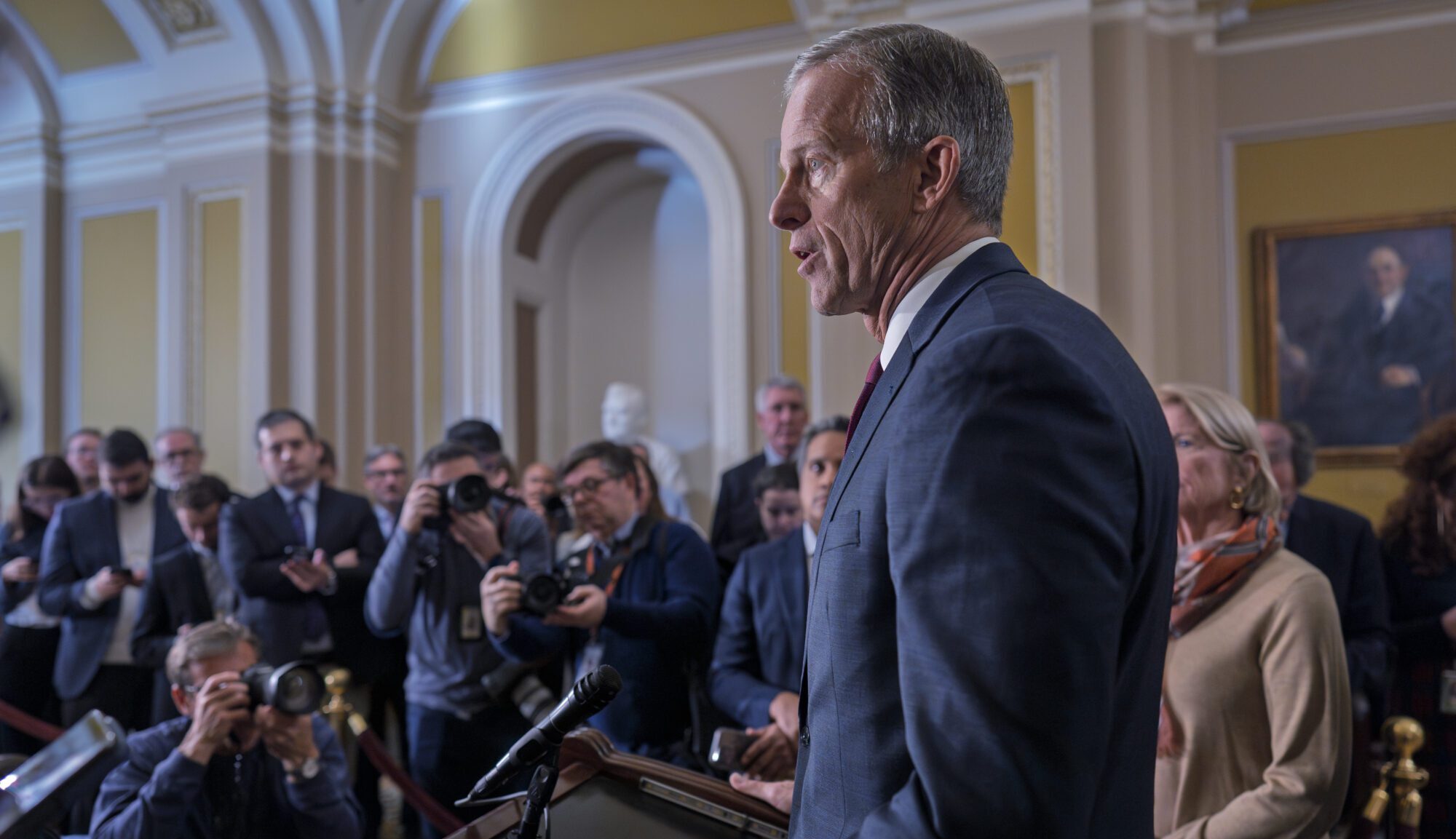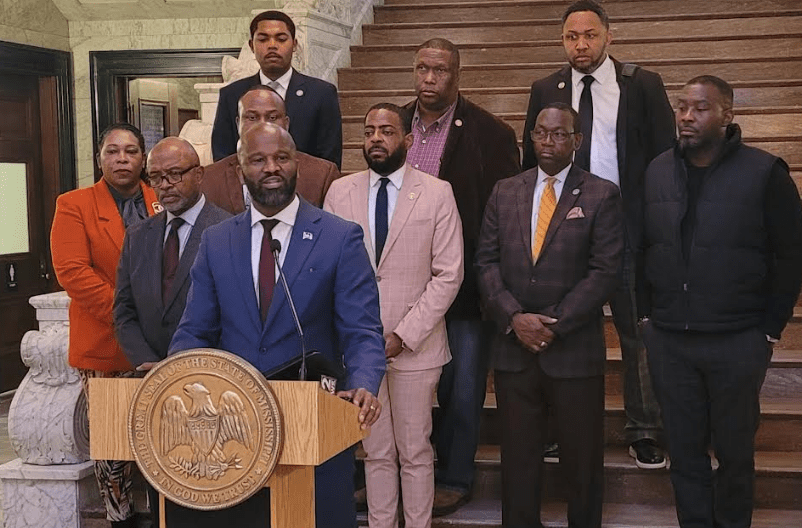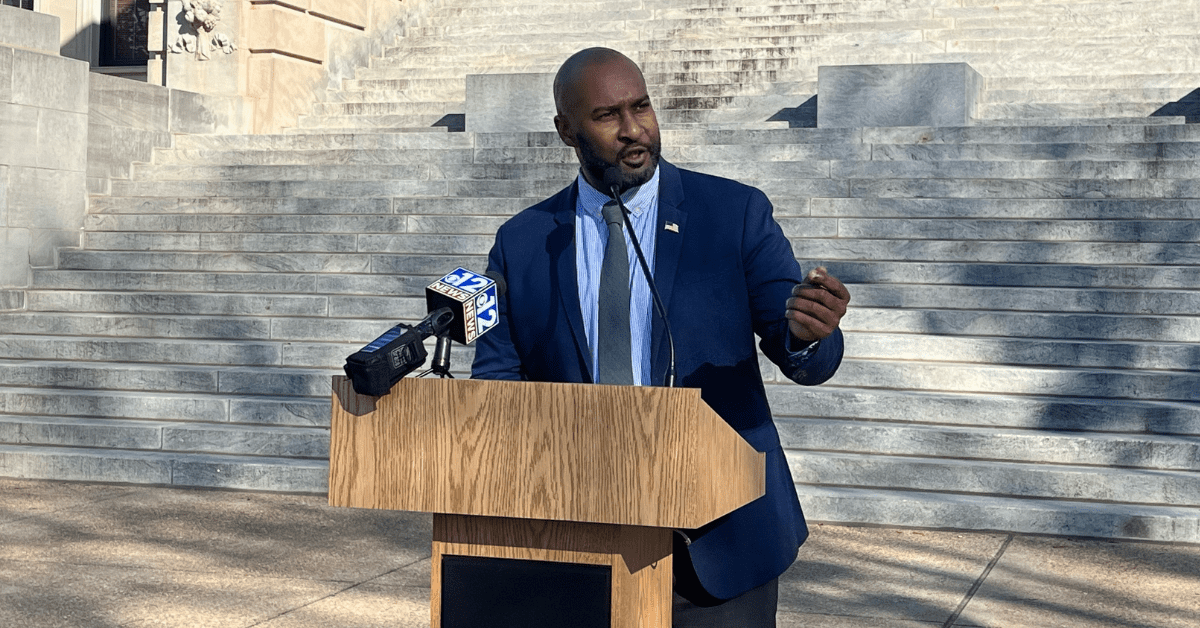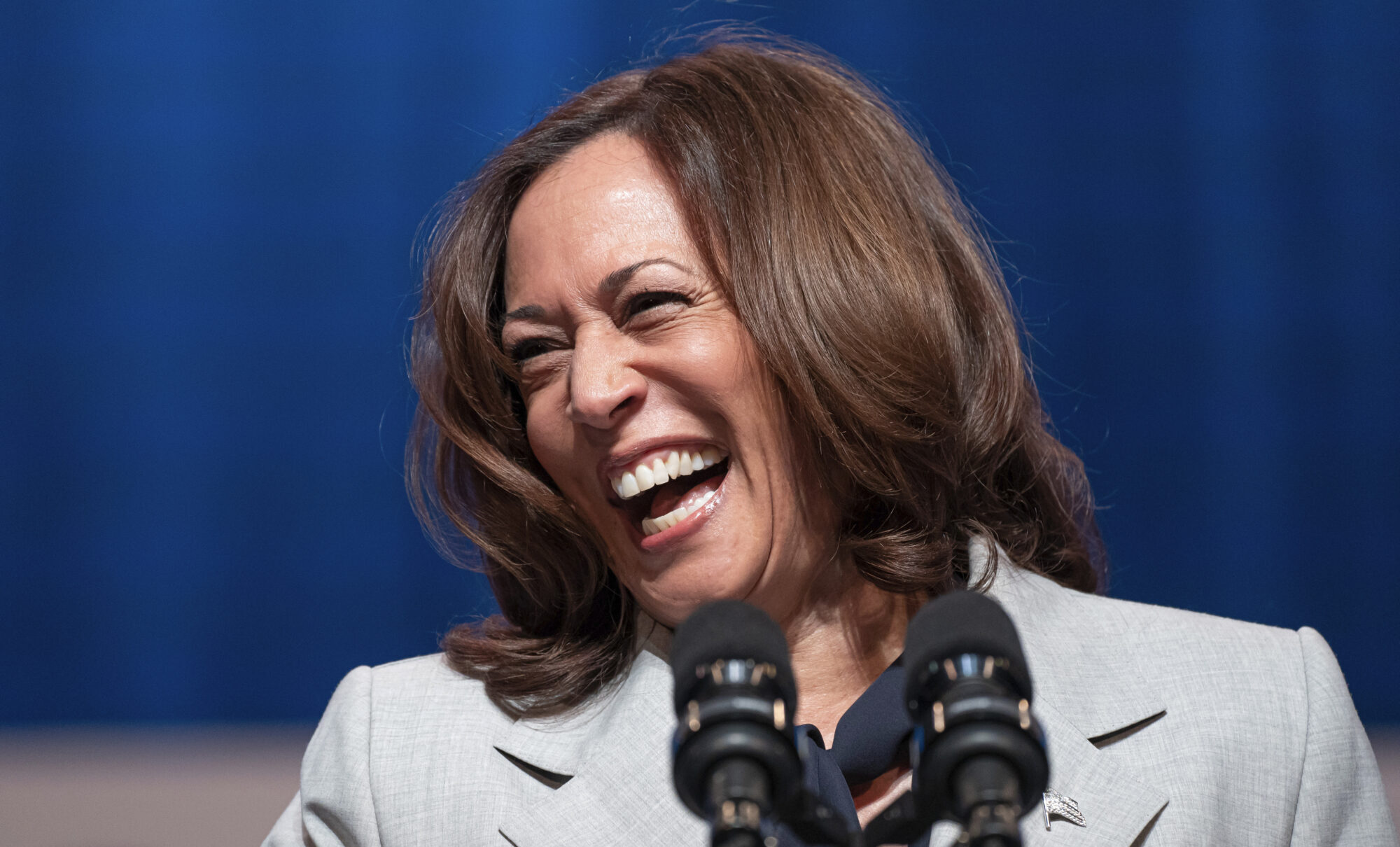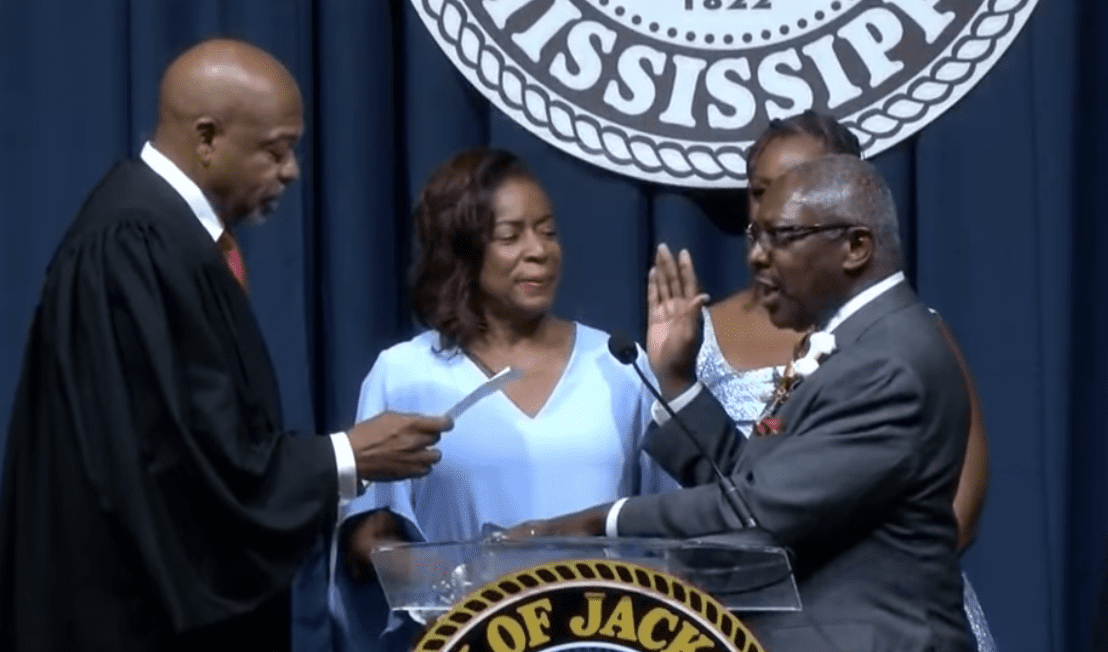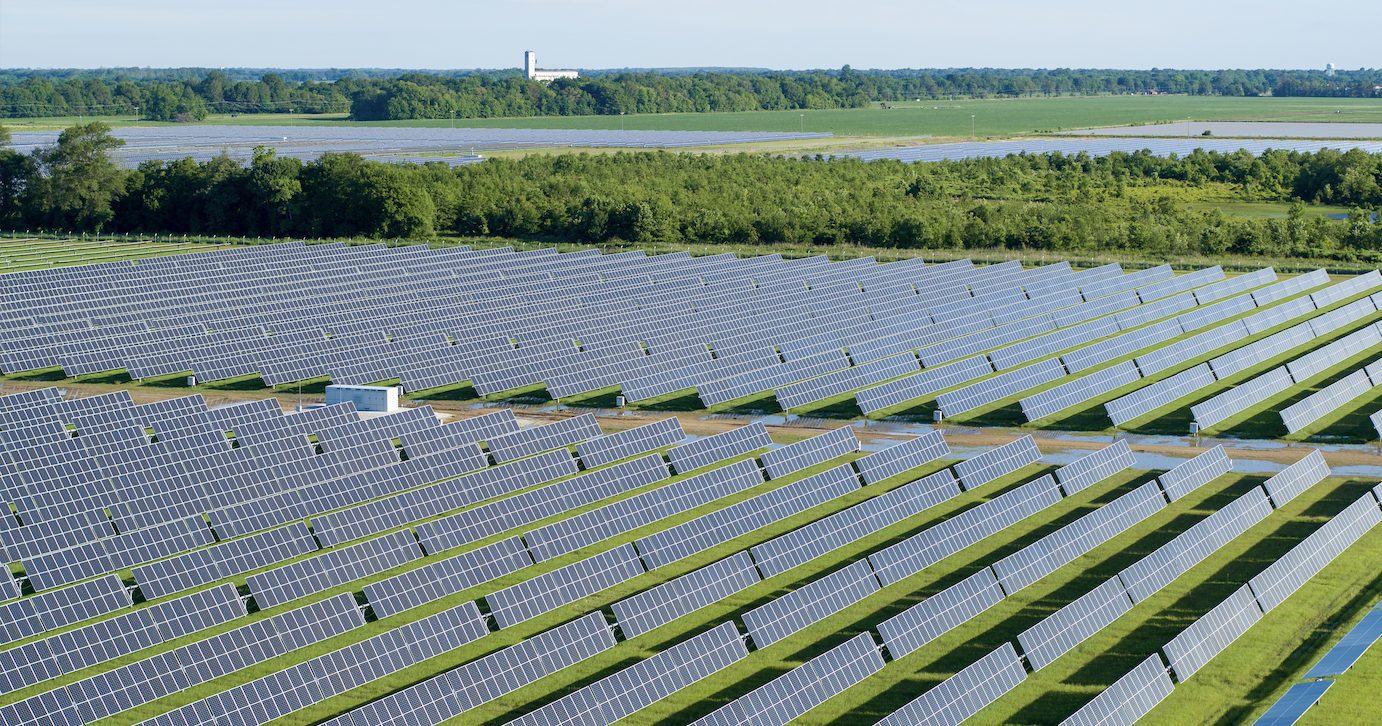
(Photo from Entergy Mississippi)
- Commissioners hope to use the forum to help develop public policy that benefits Mississippi’s residents.
The three-man Mississippi Public Service Commission is hosting a Solar Summit on Thursday, August 15, inviting experts and the public to join in a discussion on the impacts of increased solar power generation in the state.
Proposed solar farms have made headlines in the Magnolia State in recent months, the most prominent project of late being approved in Hinds County in June. That project, referred to as “Soul City Solar,” is reportedly the largest solar farm in Mississippi. It is to be located on a 6,500-acre site located between Bolton and Raymond.
READ MORE: Despite local opposition, Hinds County Supervisors approve solar farm project
Dozens of protestors appeared outside of the Hinds County Courthouse in the lead up to the Board of Supervisors’ June meeting. The group voiced concerns over chemicals used for the solar farm invading neighboring properties as well as disrupting the natural landscape of the area. Ultimately, the Supervisors voted 3-2 to approve the solar farm despite the county’s planning board unanimously denying the project.
Public Service Commissioners hope the Solar Summit will shed some light on solar power generation while promoting teamwork among different groups to reach common objectives.
The conversations at the Solar Summit will range from addressing concerns Commissioners have heard from constituents related to solar power to the impact solar has on utility ratepayers.
Developing Public Policy
North District Commissioner Chris Brown (R), chairman of the PSC, told Magnolia Tribune his goal to get answers for Mississippians.
“There’s a lot of questions around solar. How do we need? How much do we have? What are the limitations? How much is too much?” Brown said. “This summit will help answer the questions Mississippians have around the state on these solar farms. It’s educational, and when you have good data, it drives good policy.”
Central District Commissioner DeKeither Stamps (D) agreed. He sees the Summit as an opportunity to help develop energy policies that will make Mississippi better.
“Our goal for each one of these summits is to bring stakeholders of each utility to the table to help everyone be better for Mississippi,” Stamps told Magnolia Tribune, referring to the PSC hosting other such forums, one of which centered on water resources. “Citizens, private sector, municipalities, counties, state and federal governments working together to help develop policy for each sector.”

A Look at the Invited Speakers
Listed among the invited speakers is Mississippi’s Agriculture and Commerce Commissioner Andy Gipson (R). He said he appreciates the Public Service Commission taking this issue up.
“It is clear to see that solar ‘farms’ are cropping up all over Mississippi. In large part this is due to the Biden-Harris administration’s reentry into the Paris Climate Deal in 2021, coupled with current federal policies and related financial incentives,” Gipson said Thursday.
Concerned with solar farms’ use of agriculture lands, Gipson told Magnolia Tribune, “To the extent these projects replace food and fiber production, they will have long term impacts on Mississippi’s largest industry, agriculture.”
Gipson added that other considerations that should be considered are the possible impacts on Mississippi’s energy grid as well as energy ratepayers.
“I look forward to providing factual information on issues that need to be considered as a matter of statewide energy policy,” Commissioner Gipson said.
Others scheduled to speak at the Summit are Ben Vance with Mississippi Power, Mississippi State Board of Contractors executive director Stephanie Lee, Amy Tate with the Tennesse Valley Authority, and Dr. Brent Bennett with the Texas Public Policy Foundation.
Notably, Dr. Bennett wrote a paper titled “Improving the ERCOT Grid Through a Reliability Requirement for Variable Generation” in October 2021. Bennett pointed out that the Texas electric grid is experiencing more frequent reliability problems, as evidenced by tight summer
conditions from 2018 to 2021 and Winter Storm Uri in 2021 which caused blackouts in the state.
“An increasing reliance on wind and solar generation, which is directing investment and revenue away from dispatchable generation and reliability measures, is the primary cause of these shortages,” Dr. Bennett wrote, adding, “Placing reliability costs on ratepayers, as the Texas model has done to date, provides an implicit subsidy for less reliable generators. The necessary solution to improve reliability is to redirect investment away from variable generation and toward reliability measures.”
Public Invited to Attend
The Solar Summit, slated for August 15 from 9 a.m. to 4 p.m., is a free event. It is being held in the PSC Courtroom in the Woolfolk Building in Jackson.
Attendees will have the opportunity to engage directly with the speakers in hopes of contributing to meaningful outcomes for solar development in Mississippi.
To register to attend the Solar Summit, click here.
